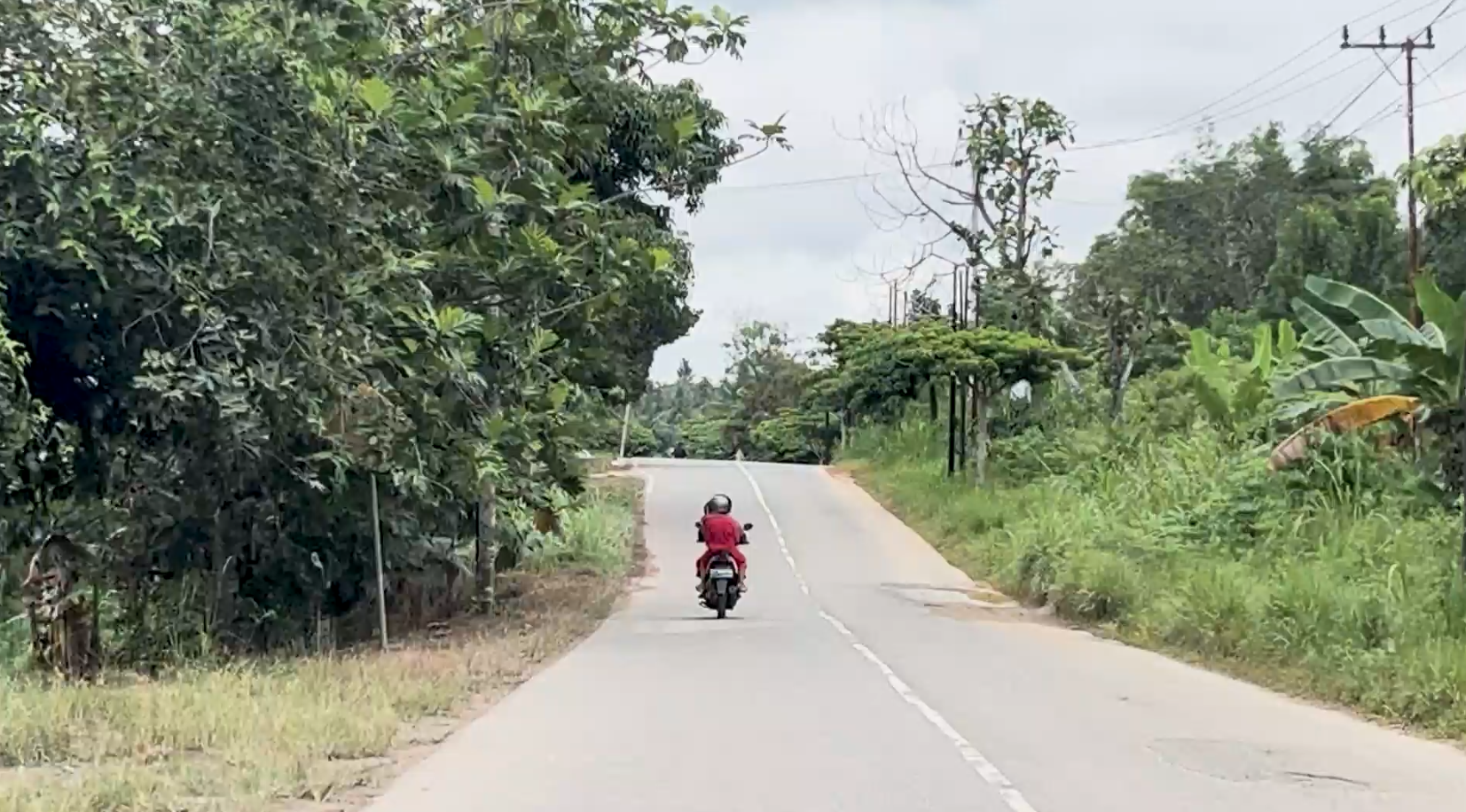







2025 Society for Visual Anthropology Film & Media Festival
at the American Anthropological Association’s Annual Meeting
November 19 – 22
New Orleans, Louisiana
filmfreeway.com/SVAFMF
Welcome, everyone, to the 2025 Society for Visual Anthropology Film & Media Festival (SVAFMF) in New Orleans! It is our great honor as directors of this festival to create a space together with filmmakers, researchers, artists, and audiences who share a deep curiosity about the world and the people within it. We look forward to our time together as a celebration of stories, cultures, and the profound human experiences that connect us all.
We are thrilled to share with you 31 films and 2 multimodal projects that invite us to immerse ourselves in the vast spectrum and depth of the field, from intimate portrayals of love and loss to experimental works that expand upon how we share another’s story responsibly and so much in between. Each film and maker invite us to question our perspectives, engage in dialogue, and consider the urgency of the many current challenges with respect, empathy, and collaboration. We hope you enjoy this year’s program as thoroughly as we do!
Please, take a look at the program to familiarize yourself with the thematic blocks and our award winners, and take note of the many Q&As you’ll find sprinkled throughout our time together in New Orleans. We are delighted to welcome 13 filmmakers who will be sharing insights about their work and filmmaking process directly after their film’s screenings and during our time together in New Orleans. Please join us in giving a warm welcome to all the creatives on site!
This year’s submissions surpassed (exploded, really) all of our expectations: with 264 submissions and 202 hours of film from 50 countries, this whole endeavor would have been impossible without the help of so many wonderful volunteers. We want to sincerely thank everyone who helped produce this year’s festival, what a feat! Early in the spring, we worked with over 20 pre-screeners who viewed, rated, and critiqued films to narrow down the submissions and prepare for jury meetings that took place in July. This year, we served on the jury and were joined by Reighan Gillam (Associate Professor of Latin American, Latino & Caribbean Studies at Dartmouth College), Marie Lecuyer (Postdoctoral Researcher in Anthropology at McGill University), and Matthew Raj Webb (Postdoctoral Fellow in History of Art and Visual Culture at the Metropolitan Museum of Art). The festival itself would not have happened without our festival manager, Leyla Jafarova (PhD Candidate in Anthropology at Boston University), and our festival screener, Patrick Cooley (MA candidate in Appalachian Studies at East Tennessee State University) – you make the festival’s world go round. A big thank you to SVA president Harjant Gill whose experience and institutional knowledge was much needed, often, and to the previous director of the festival, Jennifer Cool, for her former guidance. To our filmmakers who entrusted us with their work, and to our audience for your openness, curiosity, and willingness to engage deeply.
We hope to celebrate with everyone who made the 2025 edition of SVAFMF possible at the SVA/SCA/AES joint reception on Thursday, November 20, at Merchant Hall from 7:30pm to 9:30pm and honor this year’s award winners on Friday, November 21, from 7:30 to 9:30pm at our Awards ceremony in Bayside Rooms A and B at the Sheraton Hotel.
The Society for Visual Anthropology works with the American Anthropological Association to make it possible to host the festival at the AAA Annual Meeting. After the in-person festival, we will be providing an online showcase where SVA members can (re)watch all films screened in this year’s program. We hope you embrace this year’s festival as a showcase of excellent ethnographic films and as a space for conversation, reflection, and connection. Together, may we honor the spirit of ethnography—to observe, to understand, and to celebrate our shared humanity.
Welcome to the SVA Film & Media Festival and we look forward to seeing you in New Orleans!
2025 SVA Film & Media Festival Directors
Dr. Anna Neumann (Dickinson College) and Dr. Mariam Abazeri (Arizona State University)
Contact
svafilmfestival@gmail.com

